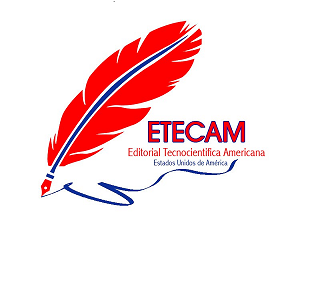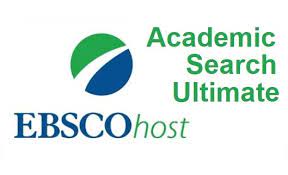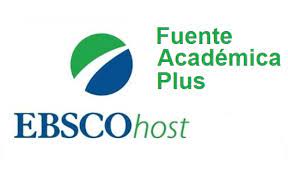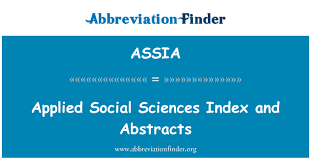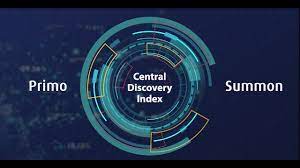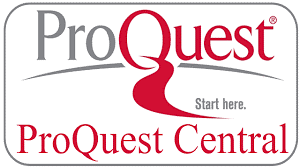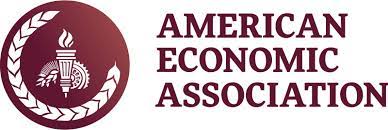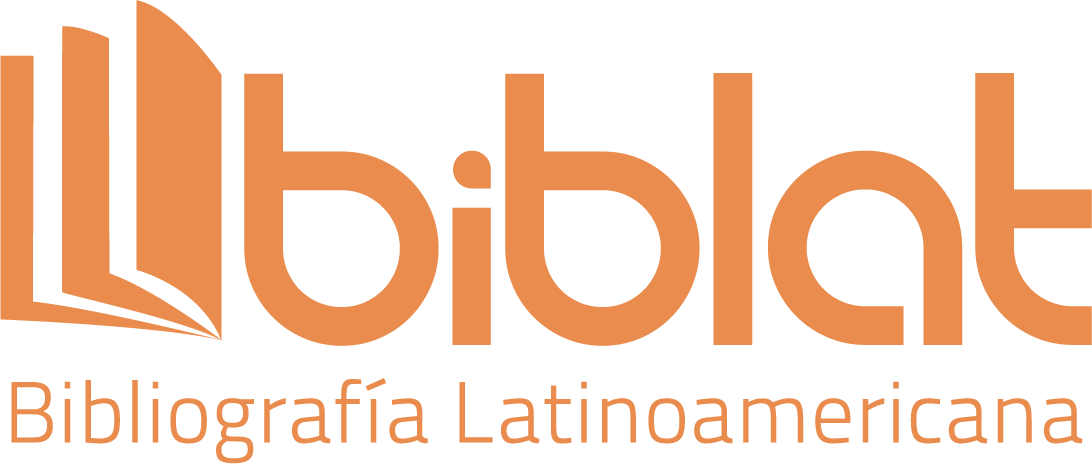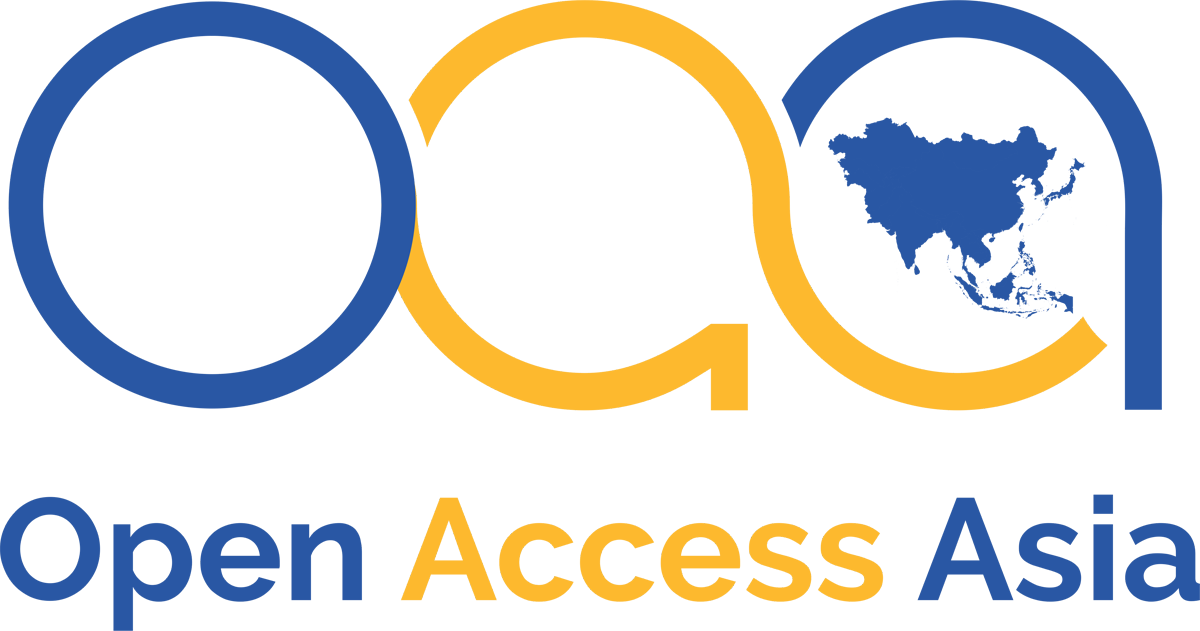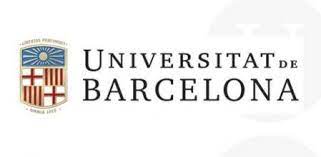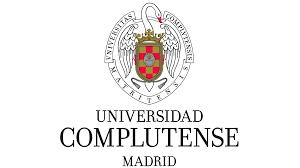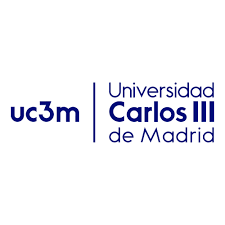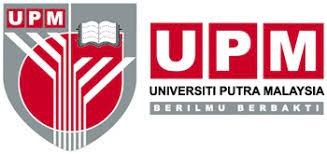Methodological strategy for the development of mathematical calculation skills in sixth year students of general basic education
DOI:
https://doi.org/10.51736/sa.v7iEspecial%206.411Keywords:
methodological strategy, skills development, mathematical calculation, sixth year students, general basic educationAbstract
The objective of this research is to develop a methodological strategy to improve mathematical calculation skills in students in the sixth year of General Basic Education. It is proposed to design and implement an innovative pedagogical approach adapted to the individual needs of the group of students under study. The methodological strategy will be based on participatory, practical and contextualized teaching methods, in order to promote a deep and meaningful understanding of mathematical concepts. To achieve this objective, an experimental development study will be carried out, in which the proposed methodological strategy will be designed, implemented and evaluated. A mixed methodology will be used that will combine quantitative and qualitative methods to collect data on the impact of the strategy on the development of students' mathematical calculation skills. Assessment instruments specifically designed to measure student progress in key areas of mathematical calculation will be used. The results are a significant improvement in the academic performance of students in mathematics, as well as an increase in their confidence and motivation towards learning in this area. It was evident that the methodological strategy developed serves as an effective and replicable model for other educational contexts, thus contributing to the strengthening of educational quality in the development of mathematical calculation skills in students in the sixth year of General Basic Education. The research provided practical and effective tools to improve the teaching and learning process of mathematics, with the aim of enhancing the academic success and comprehensive development of students.
Downloads
References
Alex, I. S., & Martínez, E. C. (2009). La estimación en el cálculo y en la medida: fundamentación curricular e investigaciones desarrolladas en el Departamento de Didáctica de la Matemática de la Universidad de Granada. Electronic Journal of Research in Educational Psychology, 7(1), 499-536. https://www.redalyc.org/pdf/2931/293121936023.pdf
Andrés, M. L., Stelzer, F., Vernucci, S., Juric, L. C., Galli, J. I., & Guzmán, J. I. N. (2017). Regulación emocional y habilidades académicas: relación en niños de 9 a 11 años de edad. Suma psicológica, 24(2), 79-86. https://www.sciencedirect.com/science/article/pii/S0121438117300218
Ayvaz, Ü., & Durmuş, S. (2021). Fostering mathematical creativity with problem posing activities: An action research with gifted students. Thinking Skills and Creativity, 40, 100846. https://www.sciencedirect.com/science/article/pii/S1871187121000614
Gamarra, G., & Pujay, O. E. (2021). Resolución de problemas, habilidades y rendimiento académico en la enseñanza de la matemática. Revista Educación, 45(1), 176-189. https://www.scielo.sa.cr/pdf/edu/v45n1/2215-2644-edu-45-01-00170.pdf
Gunderson, E. A., & Hildebrand, L. (2021). Relations among spatial skills, number line estimation, and exact and approximate calculation in young children. Journal of Experimental Child Psychology, 212, 105251. https://www.sciencedirect.com/science/article/am/pii/S0022096521001697
Hidalgo, M. I. M. (2018). Estrategias metodológicas para el desarrollo del pensamiento lógico-matemático. Didasc@ lia: Didáctica y Educación, 9(1), 125-132. https://dialnet.unirioja.es/descarga/articulo/6595073.pdf
Johnson, T., Burgoyne, A. P., Mix, K. S., Young, C. J., & Levine, S. C. (2022). Spatial and mathematics skills: Similarities and differences related to age, SES, and gender. Cognition, 218, 104918. https://www.sciencedirect.com/science/article/pii/S0010027721003413
Martin-Requejo, K., González-Andrade, A., Álvarez-Bardón, A., & Santiago-Ramajo, S. (2023). Implicación de las funciones ejecutivas, la inteligencia emocional y los hábitos y técnicas de estudio en la resolución de problemas matemáticos y el cálculo en la escuela primaria. Revista de Psicodidáctica, 28(2), 145-152. https://reunir.unir.net/bitstream/handle/123456789/15355/Involvement_of_EF_EI_and_SHT_in_mathematics_preprint.pdf?sequence=2&isAllowed=y
Pérez, C., González, I., Aravena Vásquez, M. J., & Cerda-Etchepare, G. (2023). Estudio exploratorio sobre la efectividad del método abierto basado en números (ABN) en las habilidades de cálculo mental en educación primaria. Perfiles Educativos, 45(180), 54-70. https://www.scielo.org.mx/scielo.php?pid=S0185-26982023000200054&script=sci_arttext
Sanchez, M. M. (2022). Aprendizaje en las matemáticas. La gamificación como nueva herramienta pedagógica. Revista científica, 1(4), 53-70. https://revistacientifica.edu.pe/index.php/revistacientifica/article/download/25/70
Sievert, H., van den Ham, A.-K., & Heinze, A. (2021). Are first graders' arithmetic skills related to the quality of mathematics textbooks? A study on students’ use of arithmetic principles. Learning and Instruction, 71, 101401. https://www.sciencedirect.com/science/article/pii/S0959475220306964
Published
How to Cite
Issue
Section
License
Copyright (c) 2024 Karina Elena Sierra Bodero, Tanya Ivonne Del Rosario Naranjo Zúñiga, Wilber Ortiz Aguilar

This work is licensed under a Creative Commons Attribution-NonCommercial-ShareAlike 3.0 Unported License.













